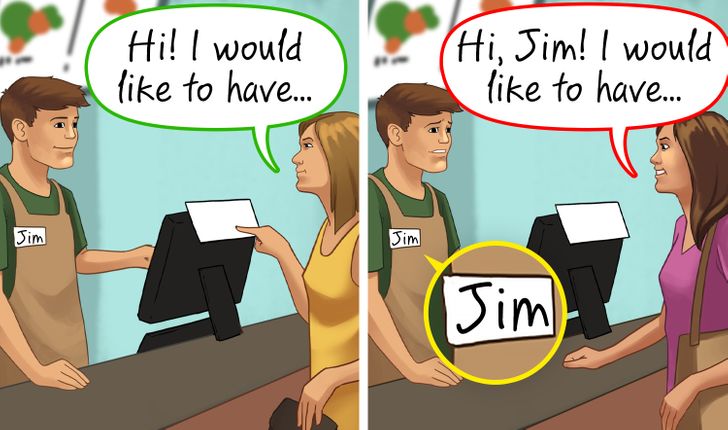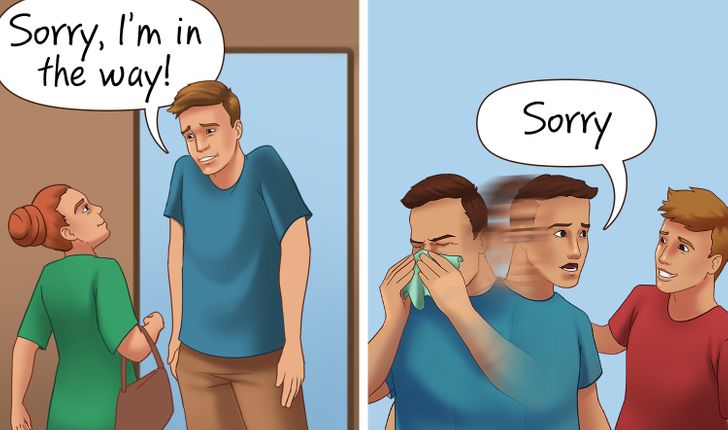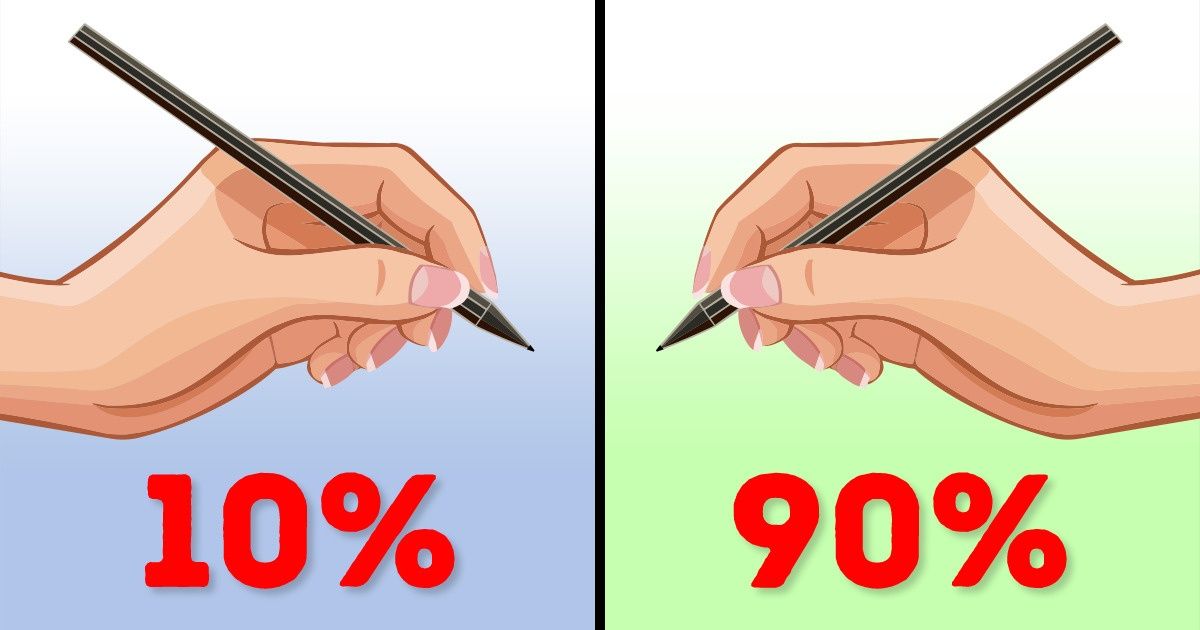Agreeing with everyone without giving your own opinion on things is a sign that you have a very good heart. This is one of the many signs that being too nice can be bad for you.
You may just be trying to be polite or avoid conflict, but other people may not consider you for it. You can still try to see things from everyone’s point of view, but also show what you really think.
We takes a look at some of the tips that show how bad it can be bad for you.
Calling Staff By Their Names

While you can only try to be courteous and considerate by calling service providers by the names that appear on their labels, this can be demeaning. This is because while their names are on display, yours is not and they are not in a position to ask your name.
As a result, employees are placed in a lower position. In some cases, you can even pronounce their names incorrectly, which can make things weird.
What you can do:
Instead of trying to personalize your conversation, it would be better to just smile and talk to them without mentioning names.
Some workers prefer to get their jobs done quickly, without having to deal with small talk and keeping their personal and professional lives separate.
Showing Up Early

You might think that taking the time to arrive early is showing people that you respect their time by not keeping them waiting. But arriving too early can sometimes be as rude as being late for an event.
For example, if you arrive 30 minutes before the bridal shower or baby shower, but are not part of the prep team, the host may feel pressured to start entertaining when things are not yet ready.
The same can be said for interviews, in which hiring managers may think that you are interrupting their work and that you are anxious or desperate for work.
What you can do:
Set a rule to never show up more than 15 minutes before the scheduled time. If you arrive early, take the time to do whatever you want before showing up for the event.
Falling For Scams Easily

People who are very confident tend to be fooled more often than those who are not. If you are too nice to be suspicious of others, you probably don’t think that people may have malicious intentions against you.
Especially if these people have done you favor before because you would feel compelled to do something for them in return.
What You Can Do:
Try to be more cautious around others, especially people you are not familiar with. Even with those close to you, whenever someone asks you for a favor, try to think about the consequences of doing so. It is advisable to weigh the pros and cons of doing something for or with other people.
Saying Sorry For Every Little Thing

Apologizing too much, especially for things you have little control over, can cause people to lose respect or find you irritable. Also, if you continue to apologize, your future apologies will seem less meaningful because it will seem like a habit, rather than a sincere apology. Apologizing can always lower even your self-esteem.
What you can do:
Try to keep track of how many times you say “I’m sorry” and know what you should and shouldn’t regret. If you apologize too many times, change your apology to something more positive, such as saying “Thank you for pointing this out to me” when someone notices a small mistake you made.
Showering People With Compliments

In addition to being overly apologetic, if you praise them too often, they will soon lose their meaning. People may even think that you are trying to flatter someone into getting something from them.
And if you keep doing it, people can expect compliments from you. When they are not praised, they may think that something is wrong or that you no longer like them.
What You Can Do:
Even if you really think highly of them, it may be better to keep some of those thoughts to yourself. Remember that you are not responsible for making people feel good about themselves.
What other things can you add to this list? Have you ever had a counterproductive effect on your own act of kindness?


